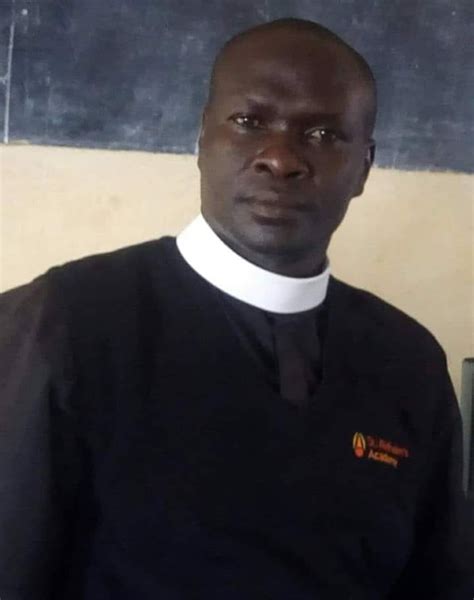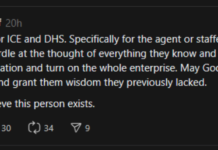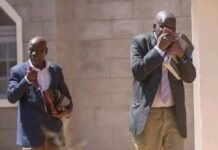Lawyers for the Church of Uganda have asserted the priest, whose election as the second Bishop of Kumi was nullified in February by the House of Bishops, forged identity documents to show he was of legal age to be consecrated.
The Rev. Charles Okunya Oode filed suit against the Trustees of the Church of Uganda last month in a Kampala Civil Court seeking an order reinstating him as bishop-elect and directing the church to proceed with his consecration.
In November 2019 Fr. Okunya was elected Bishop of Kumi in succession to the Rt. Rev. Thomas Edison Irigei with a consecration date set for 29 Dec 2019.
However, a petition was lodged by a lay group called the Concerned Christians of Kumi Diocese which alleged the bishop-elect had been unfaithful in his marriage and had sired children outside of wedlock.
The House of Bishops investigated the allegations, but overturned the election on 5 Feb 2020 when it discovered the new bishop was below the necessary canonical age. In his letter to the Kumi Diocesan Chancellor the Archbishop of the Church of Uganda, the Most Rev. Stanley Ntagali, stated that the House of Bishops had reviewed Rev Okunya’s National Identity Card, NIRA records, passport, academic records from Uganda Christian University and those submitted by the diocese, during the vetting process and established that he was born on November 23, 1975, indicating that he was a year younger than the necessary age to become a bishop according to Article 13 of the church constitution.
In his 14 Sept 2020 pleading, Mr. Okunya’s attorney said his client had been the victim of salacious gossip, which an investigation by the bishops found to be untrue. The pleading claimed he had a right to religious office, which had been unlawfully denied by the defendant, the trustees of the Church of Uganda.
In their response to the complaint, attorneys for the Church stated Fr. Okunya’s “assertion that he was born on September 23, 1970, was fraudulent, given the over eight independent documents from different government and educational institutions, where he personally submitted information indicating that he was born in 1975.”
While his national identity card stated he had been born in 1975, Fr. Okunya submitted a statutory declaration to the church stating the ID card was in error and his true date of birth was 1970. The vetting process accepted Fr. Okunya’s declaration in 2019, declaring he was eligible to stand for election. However, after objections were raised, a detailed investigation of his school records, and other government forms confirmed he had been born in 1975, not 1970 as he alleged. The Church of Uganda argued that Fr. Okunya’s election was not voidable — meaning he could be reinstated, but void ab initio. Being underage was not an error that could be corrected under canon law, thus making his election null and void.
The case continues.



